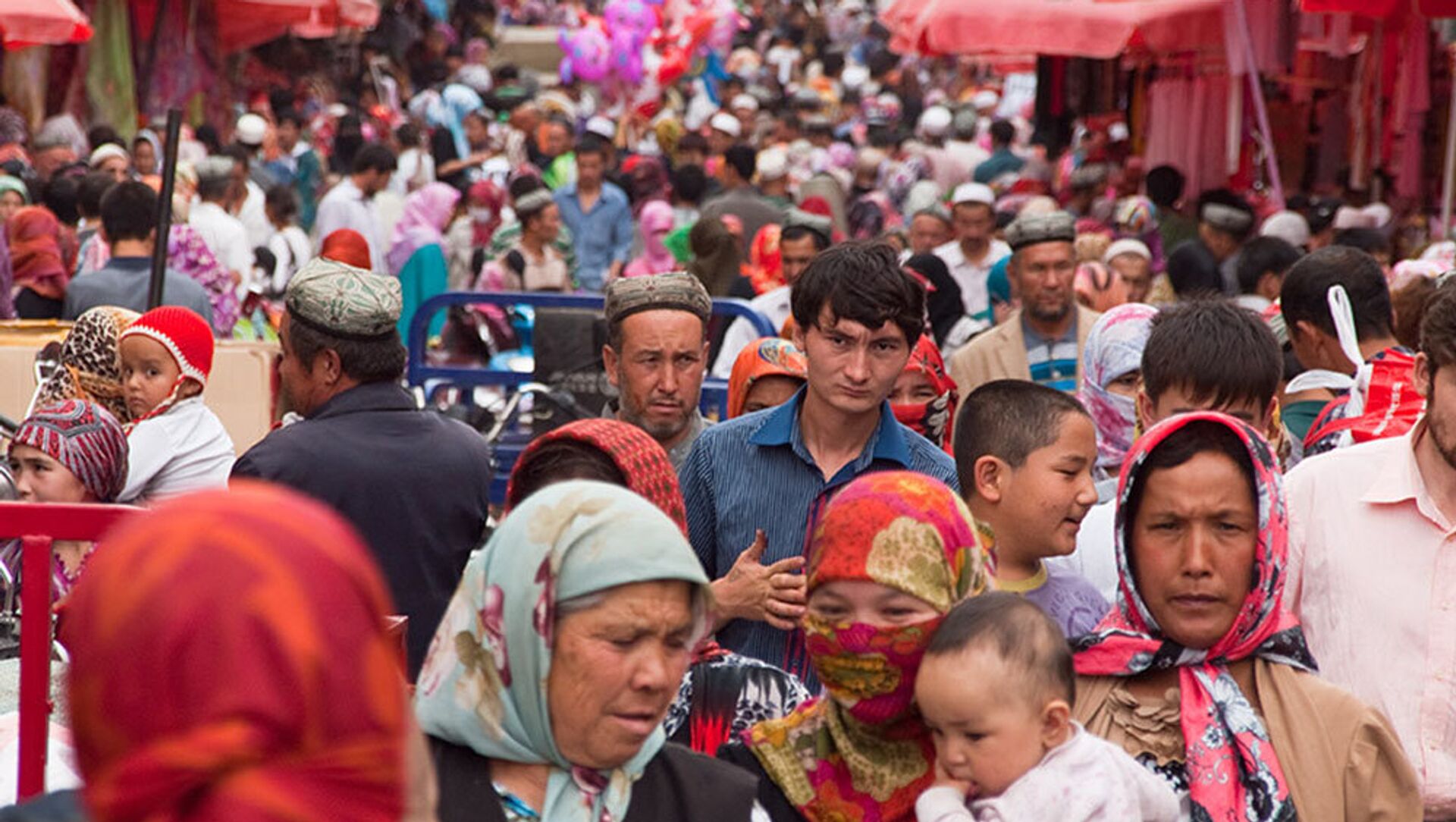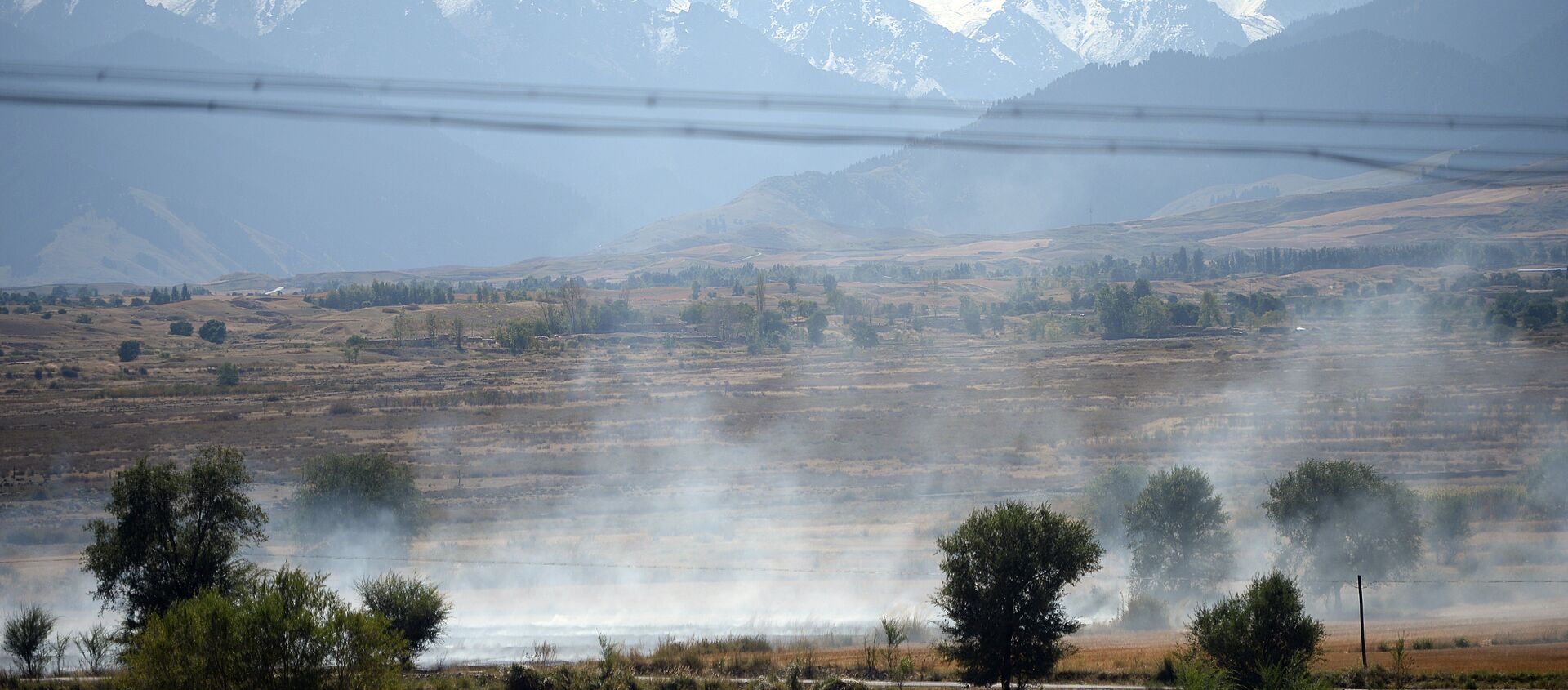The British Foreign Office has summoned the Chinese ambassador to the country to discuss Beijing's new sanctions on nine UK individuals and four entities, which it said would in no way deflect attention from "violations taking place in Xinjiang".
The Foreign Office blasted the restrictions as "unwarranted" and "unacceptable".
"It won't deter us from continuing to raise the plight of the Uyghur Muslims and other minorities in Xinjiang. The ambassador here will be summoned and we will explain in very clear terms the position, both in relation to the MPs [members of parliament] and the other figures who have spoken out, but also that we will not be silenced in terms of speaking out about these human rights abuses", Foreign Secretary Dominic Raab told reporters earlier on Friday.
Exchange of Sanctions
The new sanctions on the UK primarily target individuals involved with human rights, particularly those related to Uyghur Muslims in Xinjiang. Xinjiang is home to this ethnic minority that the United Nations, the US, the UK, and others have claimed to be a repressed group.
After the United Kingdom, the European Union, the United States, and Canada imposed sanctions on Chinese officials over the matter on Monday, China came up with reciprocal restrictions, targeting apart from a handful of EU officials, several UK MPs, an academic, a lawyer, and four British entities that will be prohibited from doing business with the world's second largest economy.
Raab Issues Demands for Beijing
On Friday, Raab called on the Chinese government to allow United Nations human rights officials into Xinjiang, threatening the country with "increasing international pressure" if Beijing fails to.
"It speaks volumes that, while the UK joins the international community in sanctioning those responsible for human rights abuses, the Chinese government sanctions its critics. If Beijing wants to credibly rebut claims of human rights abuses in Xinjiang, it should allow the UN High Commissioner for Human Rights full access to verify the truth", Raab said in a statement.
After the round of restrictions against Chinese officials, Foreign Ministry spokeswoman Hua Chunying hit back at the accusations of forced labour in China's northwest, charging that they, along with the sanctions, are based on "lies and disinformation". She stressed that the Chinese authorities are, vice versa, going to great lengths to improve the lives of ethnic minorities, posting a number of tweets to prove the point:
Take a close look at cotton picking in #Xinjiang. Local agriculture department: In 2020, 69.83% of Xinjiang cotton was harvested by machines. The number was up to 95% in northern Xinjiang. The mechanization in southern Xinjiang has increased steadily. Forced labor? pic.twitter.com/w3HwpxkOYa
— Hua Chunying 华春莹 (@SpokespersonCHN) March 25, 2021
Factories are built to create jobs for the people, incl. ethnic minorities, to earn more&live better. While most people see it as a good way to alleviate poverty, some insist it’s repression&forced labor. Why? The only reason: Repression is what they have done for over a century.
— Hua Chunying 华春莹 (@SpokespersonCHN) March 25, 2021



